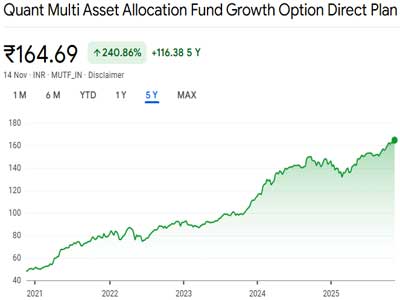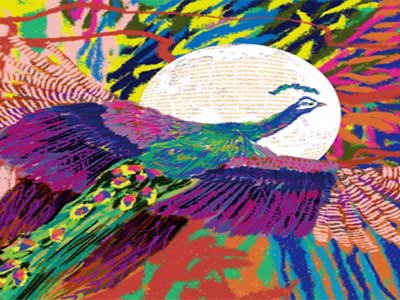A trained and talented parliamentary structure and system is required to run democracy effectively.
MPs' linguistic and oratorial skills, level of knowledge, and impeccable image help them connect with the public. MPs with qualities of understanding and sensitivity can effectively represent people's expectations, formulate sound policies, and ensure good governance.
Read in Hindi: निर्वाचित जन प्रतिनिधियों को प्रशिक्षित करें राजनैतिक दल
MPs are the cornerstone of democracy, as they are responsible for making laws, overseeing the executive branch, and holding the government accountable.
However, many democracies around the world face challenges in attracting and retaining highly qualified individuals to serve as MPs. This has led to a lack of expertise, poor decision-making, and a disconnect between government and voters.
As India's parliamentary democratic system celebrates its Amrit Kaal, questions are being raised about its ability to promote democratic values and strengthen participatory institutions. Has the British parliamentary system been successful, or is it the need of the hour to inject reforms into the system?
Informed commentators agree that from panchayats and nagar nigams to state assemblies and both Houses of Parliament, we see more rabble-rousers than intelligent debaters. The era of wit, sher-shayari, sarcasm, taunts, and insightful debates reminiscent of the pre-1977 Janata Party experiment has faded away.
"Men like Raj Narain, Madhu Limaye, and Piloo Modi made Parliament a vibrant democratic institution. The 'firing range' of HV Kamath, Subramanian Swamy, SN Mishra, Shibban Lal Saxena, and Kunwar Lal Gupta kept governments on their toes. Ministers never dared come unprepared," recalls Ram Kishore, a former socialist leader from Lucknow. “Leaders like Ram Manohar Lohia, Madhu Limaye, Nath Pai, NG Gore, and Ashok Mehta ensured lively debates. In 1977, Parliament was full of stalwarts, each of whom was an institution in his own right."
However, today's Parliament lacks ideological commitment, especially among younger members, who rarely visit the library or prepare notes. This has led to a qualitative decline in democratic institutions at all levels.
Political commentator Paras Nath Chaudhary believes that young politicians "if groomed properly and inculcated with ideological professionalism, can change the current scenario. Unlike the 1960s and 1970s, today's Parliament is dominated by amateurs who are better at public speeches than informative debates."
"We need capable MPs who not only expose scandals but also contribute to policy-making and enliven the proceedings with literary quotes and witticisms," says Chaudhary.
The Indian Parliament, combining legislative and executive functions, has generally responded to the mood and aspirations of the public. However, recent trends are worrying. "The intellectual level of politicians has generally fallen," says a former Congress MLA, who did not wish to be named.
During the Emergency of 1975-77, Parliament became a "walking corpse." The Janata Party experiment failed because of internal conflicts among stalwarts like Morarji Desai, Chaudhary Charan Singh, and Babu Jagjivan Ram.
The quality of elected representatives has affected parliamentary functioning. Several reports suggest that many have criminal backgrounds.
It was initially thought that TV cameras covering parliamentary proceedings would make a desirable difference in the quality of performance. But the picture is yet to be revealed.
When the Modi government took power in 2014, there was hope for better communication. Leaders like Arun Jaitley and Sushma Swaraj impressed, but their departure left a void. The opposition, especially the Congress, has shown a lack of talent, including excessive noise and frequent boycotts.
The effectiveness of the Indian Parliament is under scrutiny due to a perceived lack of talent, ideological commitment, and intellectual depth. Key indicators include a declining number of sitting days, disruptions, and a drop in private members’ bills.
Experts attribute these issues to stagnation in the parliamentary process, a lack of diverse voices, and a disconnect between legislators and the public. Revival and reform are desperately needed to enhance efficiency and effectiveness.
It is the duty of the experienced in Parliament to groom the newcomers. Old timers suggest that MPs should spend more time in the House and the library than in their constituencies. The discretionary development funds available to MPs have been a distraction and a source of corruption.


















Related Items
India stuck in traffic; Cities halt, Horns holler, and time takes a nap
India’s deep dark fraud economy unveiled…
Bangladesh’s Radicals vs India’s Liberals, A dangerous imbalance…